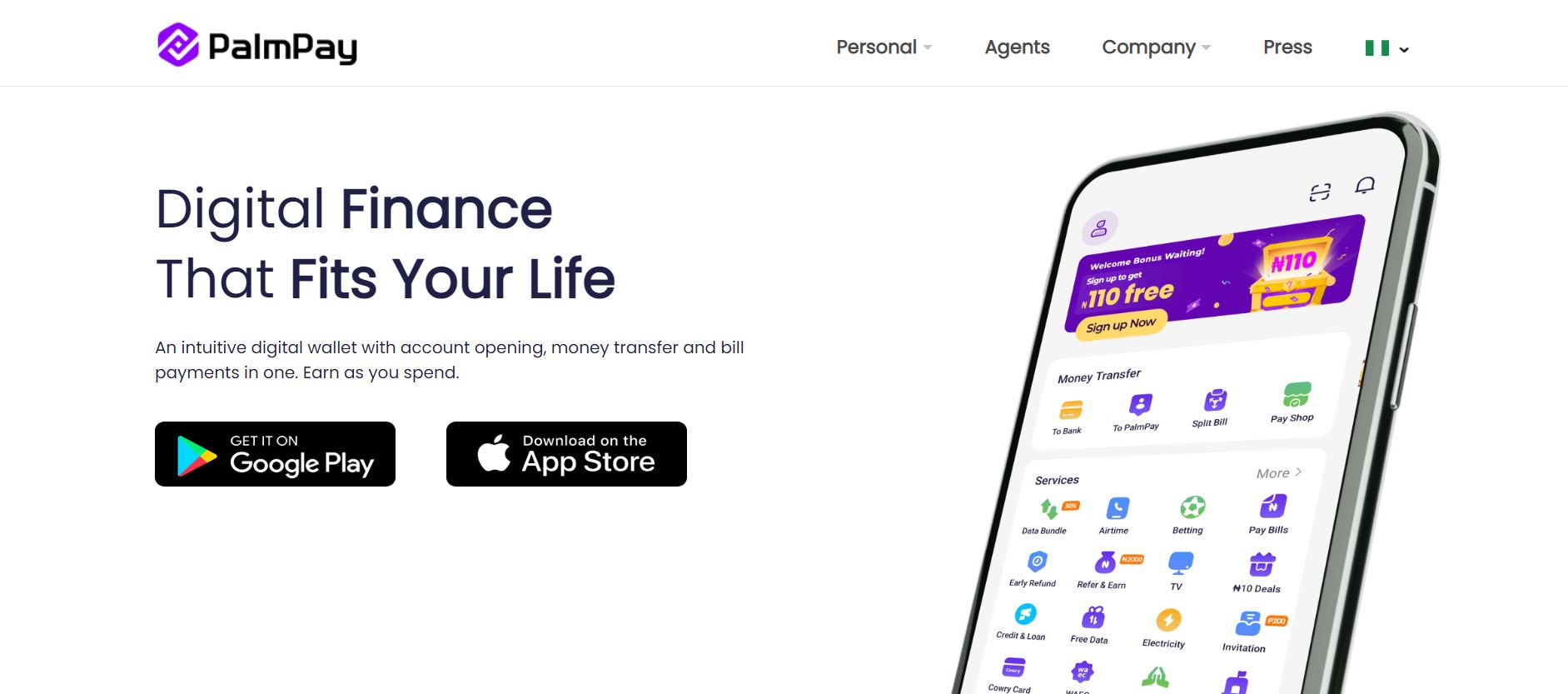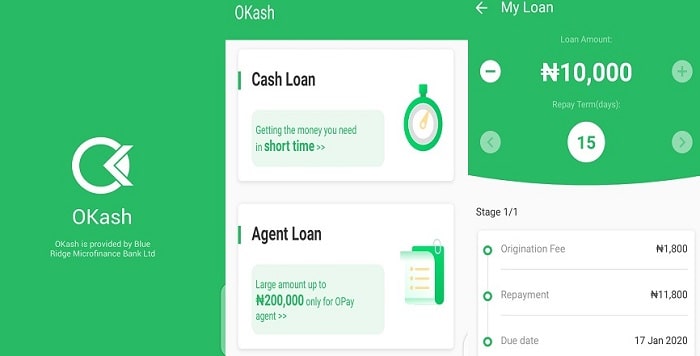Debt is a common aspect of many people’s lives, and finding effective ways to manage it is crucial for financial stability and peace of mind. Whether you’re dealing with credit card debt, student loans, or a mortgage, having a plan in place can help you take control of your financial situation. This comprehensive guide will explore strategies and tips to manage your debt and work towards a debt-free future effectively.
1. Create a Budget
Developing a budget is the first step in managing your debt. Start by assessing your income and expenses. Determine how much money you have each month and list all your recurring fixed costs, such as rent or mortgage payments, utility bills, insurance premiums, and minimum debt payments—additionally, factor in nonessential expenses like dining out or entertainment.
Identify areas where you can cut back if your expenses exceed your income. Consider carpooling to reduce transportation costs, shop with a grocery list to avoid unnecessary purchases, reduce the number of streaming services you subscribe to, and explore cheaper cellphone plans. By making deliberate choices to minimize expenses, you can free up more money to allocate toward debt repayment.
2. Increase Your Income
In addition to reducing expenses, increasing your income can significantly accelerate your debt repayment journey. Look for opportunities to earn extra cash by leveraging your skills or taking on side gigs. Whether freelancing, tutoring or offering services in your area of expertise, every additional dollar earned can make a difference.
Review your tax withholding at work to ensure you’re paying the appropriate taxes. Adjusting your W-4 form can increase your take-home pay, providing more funds for debt. If you typically receive a tax refund, consider changing your withholding to have more money available throughout the year for debt repayment.
3. Utilize the Debt Avalanche Strategy
The debt avalanche strategy is an effective method for prioritizing debt repayment. Begin by creating a list of all your debts, arranging them from highest to lowest interest rates. While making minimum payments on all accounts, allocate any extra funds towards the debt with the highest interest rate. Once that debt is paid off, move on to the one with the next highest interest rate, and so on.
Focusing on high-interest debt minimizes the interest paid over time and accelerates your overall debt payoff. This strategy allows you to save money while working towards becoming debt-free.
4. Consider Debt Consolidation
If you have multiple high-interest debts, consolidating them into a single loan with a lower interest rate can simplify your repayment process and save you money. Debt consolidation involves taking out a personal loan to pay off your debts, leaving you only one loan to manage.
When exploring debt consolidation options, compare interest rates and repayment terms carefully. Look for a loan that offers better terms and lower interest rates than your current debts. However, be cautious of potential fees and penalties associated with consolidation, and ensure that the new loan aligns with your financial goals.
5. Track Your Progress
Staying motivated and on track with your debt management plan is crucial for success. Regularly monitor your progress by tracking your debt repayment journey. Maintain a spreadsheet or visual chart that showcases your accomplishments, reminding you of how far you’ve come and the goals you still want to achieve.
Celebrate milestones along the way to maintain motivation. This can include rewarding yourself when a significant debt is paid off or acknowledging the progress made each month. By visualizing your progress, you’ll stay committed to your plan and remain focused on achieving your debt-free goals.
6. Seek Professional Assistance
If you find it challenging to manage your debt independently, consider seeking guidance from a financial professional or credit counseling agency. These professionals can provide expert advice tailored to your situation, helping you develop a personalized debt management plan.
Credit counseling agencies can also negotiate with creditors on your behalf to potentially lower interest rates or create a more manageable repayment plan. However, be cautious of predatory companies that charge excessive fees or make unrealistic promises. Research reputable agencies and seek recommendations to ensure you work with a trusted professional.
7. Develop Financial Habits
Managing debt effectively goes beyond repayment strategies; it involves developing healthy financial habits. Here are some habits to cultivate:
- Spend mindfully: Before making purchases, evaluate whether they align with your financial goals and prioritize needs over wants.
- Build an emergency fund: Set aside money for unexpected expenses to avoid relying on credit cards or loans in times of financial strain.
- Avoid unnecessary debt: Consider the long-term impact of new debt before taking it on. Evaluate whether it aligns with your financial goals and the ability to repay it comfortably.
- Regularly review your financial situation: Periodically assess your budget, debt repayment plan, and overall financial goals. Adjust your strategies as needed to stay on track.
By developing healthy financial habits, you’ll manage existing debt effectively and prevent future debt from accumulating.
8. Take Advantage of Additional Resources
Numerous resources are available to assist you in managing your debt effectively. Explore educational websites, blogs, and personal finance and debt management books. Additionally, consider attending financial literacy workshops or seminars to enhance your knowledge and skills.
Remember that financial management is a lifelong journey; continuous learning is essential for economic well-being.
9. Stay Positive and Persistent
Managing debt can be a challenging and sometimes lengthy process. Maintaining a positive mindset and remaining persistent throughout your debt repayment journey is crucial. Celebrate even small victories, stay motivated, and remember that every step forward brings you closer to financial freedom.
Surround yourself with a supportive network of family and friends who understand your goals and can offer encouragement. You’ll overcome obstacles and achieve your desired financial outcomes by staying positive and persistent.
10 Seek Professional Advice for Complex Situations
If your debt situation is particularly complex or involves legal considerations, it’s advisable to consult with a financial advisor or attorney specializing in debt management. They can provide expert guidance tailored to your circumstances, ensuring you make informed decisions and navigate any legal complexities associated with your debt.
Remember, every individual’s financial situation is unique, and seeking professional advice can provide invaluable insights based on your specific needs.
Conclusion
Effectively managing debt requires a combination of strategies, discipline, and perseverance. By creating a budget, increasing your income, utilizing the debt avalanche strategy, considering debt consolidation, and tracking your progress, you can take control of your finances and work towards a debt-free future. Cultivate healthy financial habits, explore additional resources, and stay positive and persistent throughout your journey. With determination and a well-executed plan, you can successfully manage your debt and achieve long-term financial stability.
Managing your debt is a step towards financial freedom and peace of mind. By implementing these strategies, you can take control of your financial future and work towards a debt-free life.




